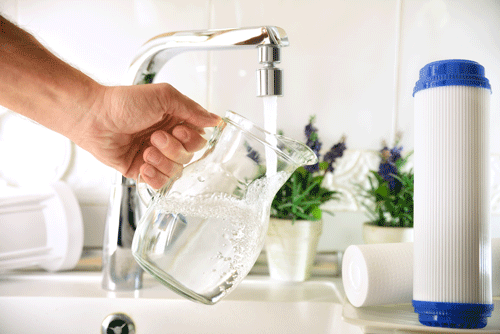Product added to cart


When it comes to staying hydrated, the choice of water is crucial. With numerous options available, it's important to understand the differences between them to make an informed decision. In this article, we'll delve into the debate of tap water versus reverse osmosis (RO) water, exploring their characteristics, benefits, and potential drawbacks. By the end, you'll have a clearer understanding of which option suits your needs best.
Understanding Tap Water
Tap water is the most accessible and widely used water source in many households. It is generally sourced from natural resources like rivers, lakes, and underground wells. Before it reaches our taps, it undergoes a treatment process to remove impurities and contaminants, making it safe for consumption.
Advantages of Tap Water
Disadvantages of Tap Water
Understanding Reverse Osmosis (RO) Water
Reverse osmosis is a filtration process that removes impurities and contaminants by forcing water through a semi-permeable membrane. This process effectively removes minerals, heavy metals, bacteria, and other pollutants from the water, resulting in purified H2O.
Advantages of RO Water
Disadvantages of RO Water
Conclusion
The decision between tap water and RO water ultimately depends on your personal circumstances and priorities. If you have a reliable municipal water supply with proper treatment, tap water can be a cost-effective and healthy choice. However, if you're concerned about specific contaminants or prefer the taste and purity of water, investing in a quality RO system may be worth considering.
It's important to note that regardless of the water source you choose, regular testing and maintenance of your water supply are essential. Consulting with a water professional or conducting independent water testing can provide valuable insights into the quality of your tap water and guide your decision-making process.
Remember, staying hydrated is vital for overall well-being, and making an informed choice about the water you consume ensures that you're taking the best possible care of your health.